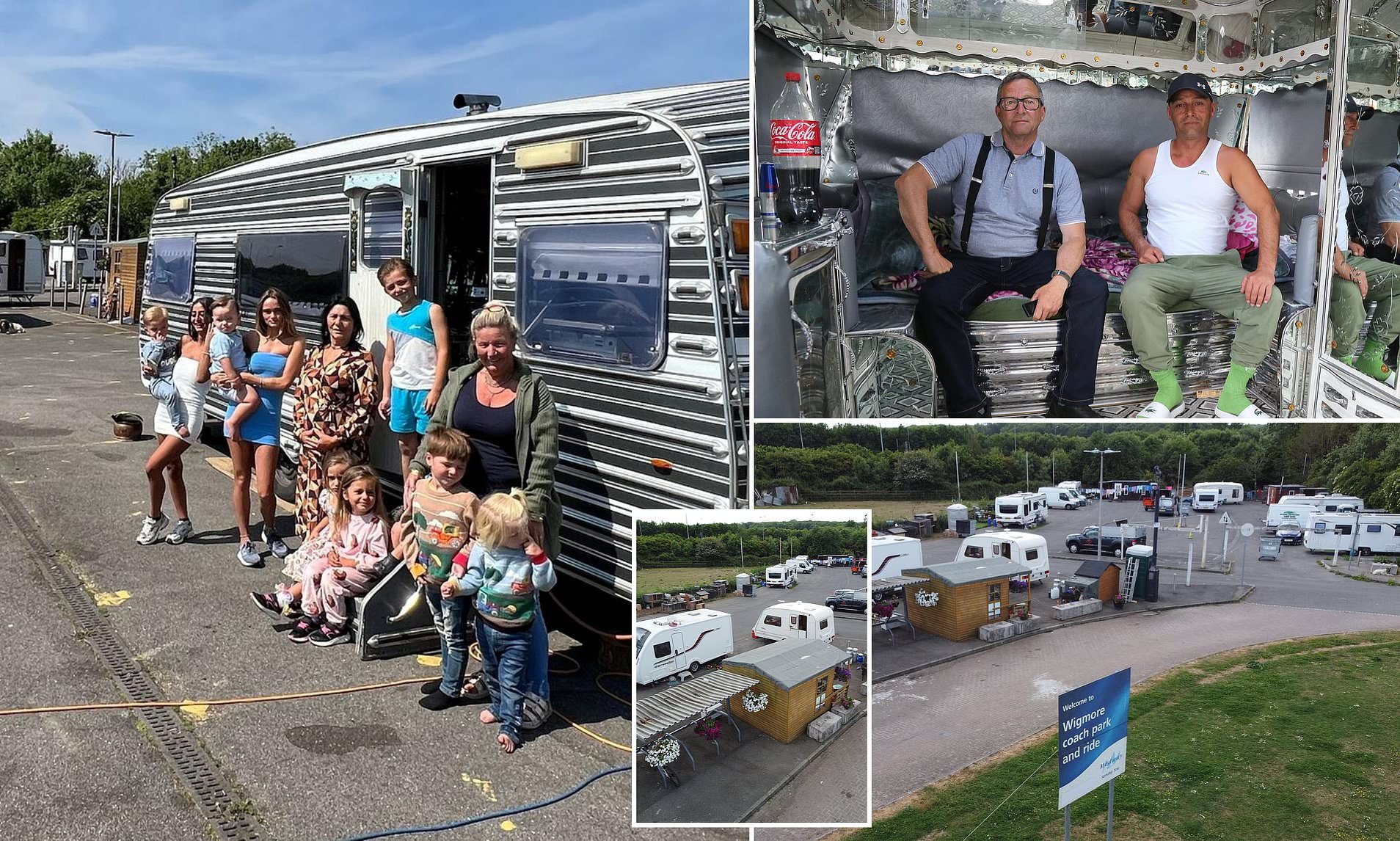A group of traveling families who triumphed in a significant legal battle to remain at a campsite have declared that they will ‘continue their fight’ for permanent residence.
In July 2023, a group consisting of 15 adults and 14 children initially reached the previous park-and-ride location, establishing their homes at the Wigmore Coach Park, situated near the M2 motorway.
The Medway Council, located in Kent, first allowed them to remain at the location for three months provided they paid a monthly charge and adhered to several regulations.
In October of last year, however, the local authorities issued an eviction notice to the Romani Gypsy family, citing their intention to sell the property. The area was formerly utilized as a park and ride facility for commuters.
London
,, in the not-too-distant future.
Currently, a judge has issued a landmark ruling stating that the authorities improperly infringed upon the group’s human rights when they tried to evict them, after learning that no efforts were made to sell the location.
Talking to MailOnline regarding this landmark case, which was referred to by one lawyer as unprecedented in recent years, Julie White, a resident at the location, expressed her delight: “We’re ecstatic about the preliminary ruling; it feels akin to hitting the jackpot. Having someone support us has truly been incredible.”
Nevertheless, much to the family’s anger, this important choice indicates that although the travelers can continue staying at the site for the moment, they still have not acquired the permanent right to reside at the car park.

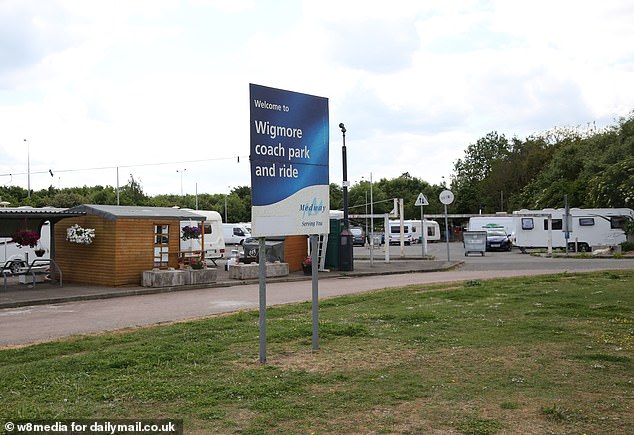

While an initial planning application was submitted last May, it was refused just two months later. An appeal against the refusal set to take place next Wednesday, with the family anxiously awaiting the verdict.
The oldest family member, 67-year-old Oldy Herring, referred to the struggle against Medway Council as the ‘battle of their lives.’
He stated: “We have no other options. If this location isn’t suitable for us, what place could be appropriate?”
We’ve traveled throughout Kent extensively. Our lives have been filled with constant upheaval, and this is the sole possession we’ve ever had.
People can’t grasp our way of life or our cultural background. We mean no one any harm; all we seek is a place to call home. We are essentially pleading for assistance.
The family mentioned that upon their arrival at the location, the guidelines set forth by the council stipulated ‘no anti-social behavior,’ ‘no working activities,’ and ‘no complaining.’ Additionally, they were required to maintain cleanliness throughout the area.

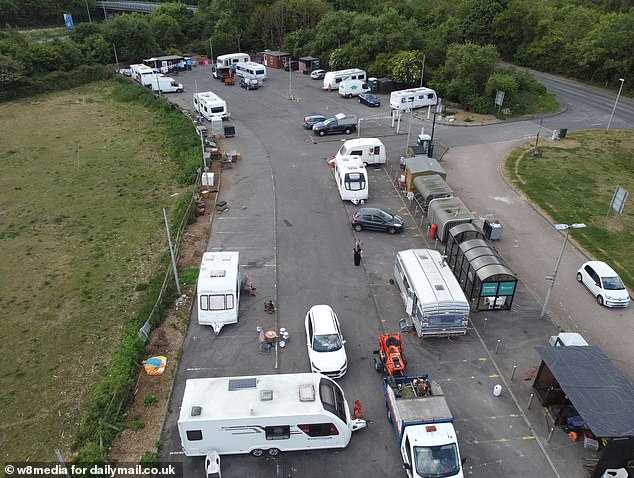
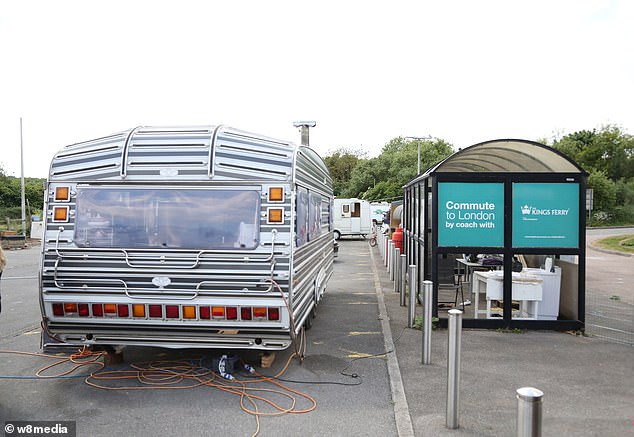
They maintained that every single one of these regulations had been ‘rigorously’ adhered to and that the council doesn’t have ‘any valid justification’ for evicting them.
Dependent on generators for both power and water supplies, the travelers presently contribute £33 monthly to the council for waste management and animal care on the site.
Currently, as they strive for permanent residency, the family has suggested that the council’s decision not to approve the planning application will likely have ‘disturbing’ effects on their children’s psychological well-being.
Moreover, without a permanent address, group members lack a postal code, which restricts their ability to obtain crucial services like healthcare and education.
Marie Conde, who resides at the location with her spouse and offspring, expressed concerns: “I am worried about the children; removing them from their schooling would be detrimental to them. They have recently gained acceptance and made friendships, plus they are receiving an essential education.”
This is their first experience of feeling genuinely secure and welcomed; how could anyone deprive them of that?
We are a respectable family with strong bonds who should have the opportunity to stay united. Our wish is simply to establish this as our lasting residence where we can raise our children and grandchildren, ensuring a foundation for future generations.
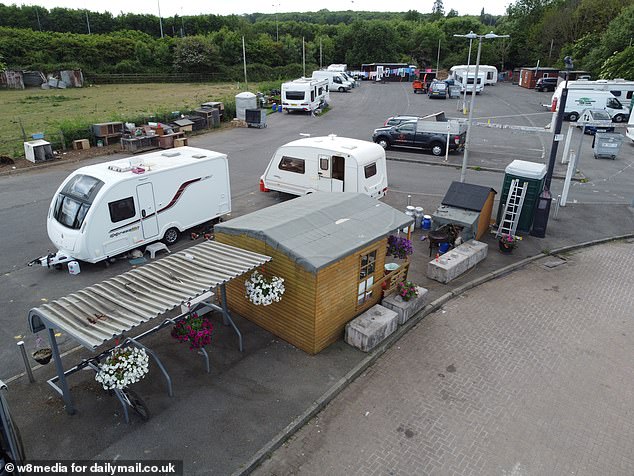


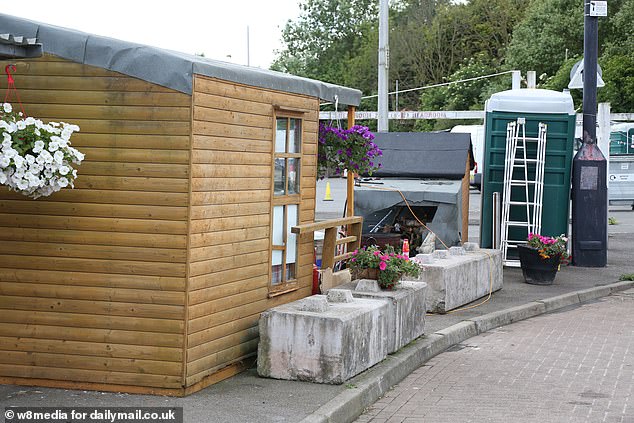
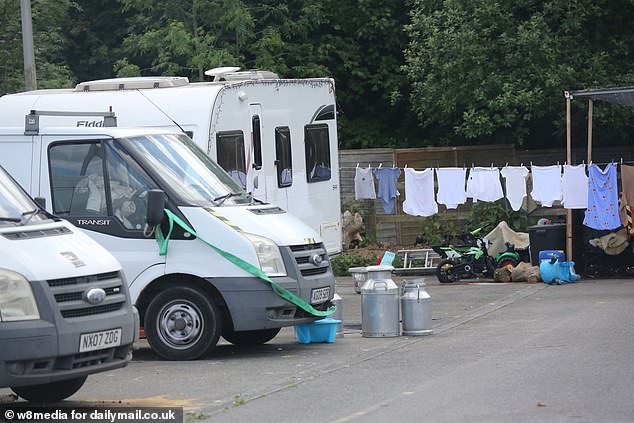
In the meantime, Tina Herring, at age 17, who traversed much of her early years traveling, referred to the parking lot as “the nearest it has come to feeling like home.”
The teen commented: “This experience has given me a stronger sense of security and stability compared to constantly traveling.”
‘Lack of knowledge about upcoming events causes stress for everyone, particularly for the younger children.’
As the family marked the decision as a ‘milestone’ and eagerly awaited the outcomes for next Wednesday, Medway Council stated they were determining ‘the best approach moving forward,’ referring to the judge’s ruling as ‘discouraging.’
Councillor Louwella Prenter, who holds the portfolio for Housing and Homelessness at Medway Council, expressed disappointment over the county court’s decision not to award ownership of the former Wigmore commuter car park located on Maidstone Road back to Medway Council.

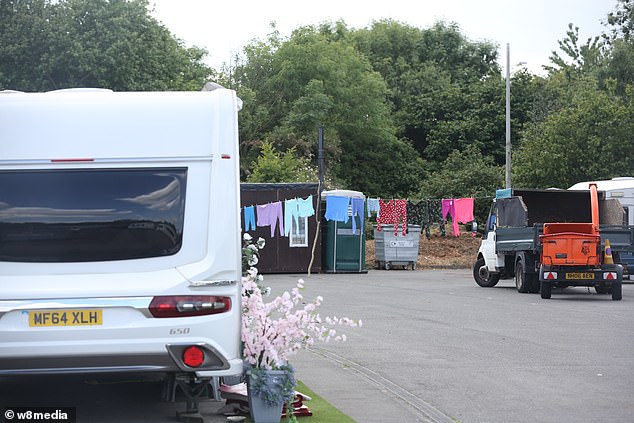
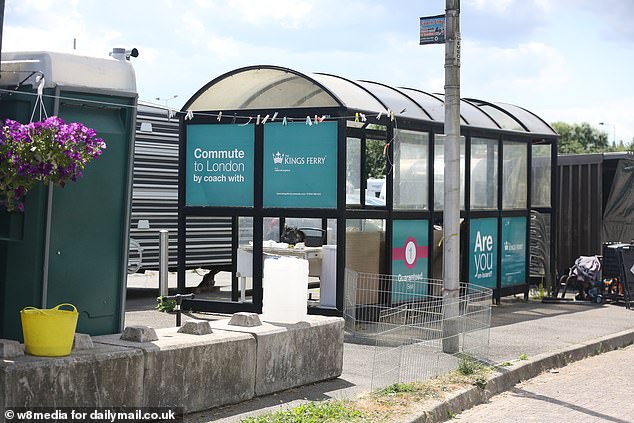
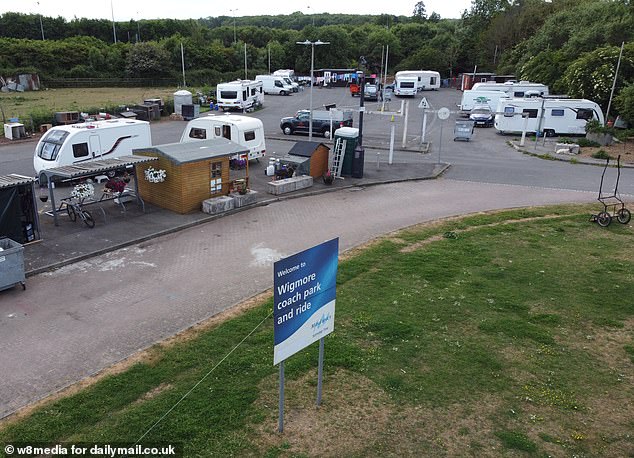
This is an extensive and intricate ruling, and we’ll carefully deliberate on it before determining the optimal way to proceed.
‘The authorization to utilize the website was initially meant as a short-term arrangement lasting three months, and the parking lot is not considered appropriate for prolonged residency.’
Past inquiries have revealed that numerous local councils in Kent continue to fall short of addressing the housing demands of the traveling community, even though it is legally mandated.
Following the enactment of laws permitting local governments to remove, penalize, or detain travelers establishing unauthorized campsites, these individuals frequently find themselves constantly relocated from one roadside location to another.
In 2021, the Office for National Statistics reported that approximately 5,405 individuals in Kent identified themselves as either Gypsies or Irish Travellers, which accounts for roughly 0.3 percent of the total population.
In the meantime, an extra 2,225 people identified themselves as Roma, constituting 0.1 percent of the total population, with numerous individuals living in caravan sites.
Read more

